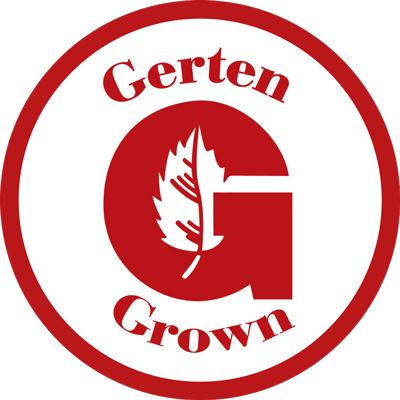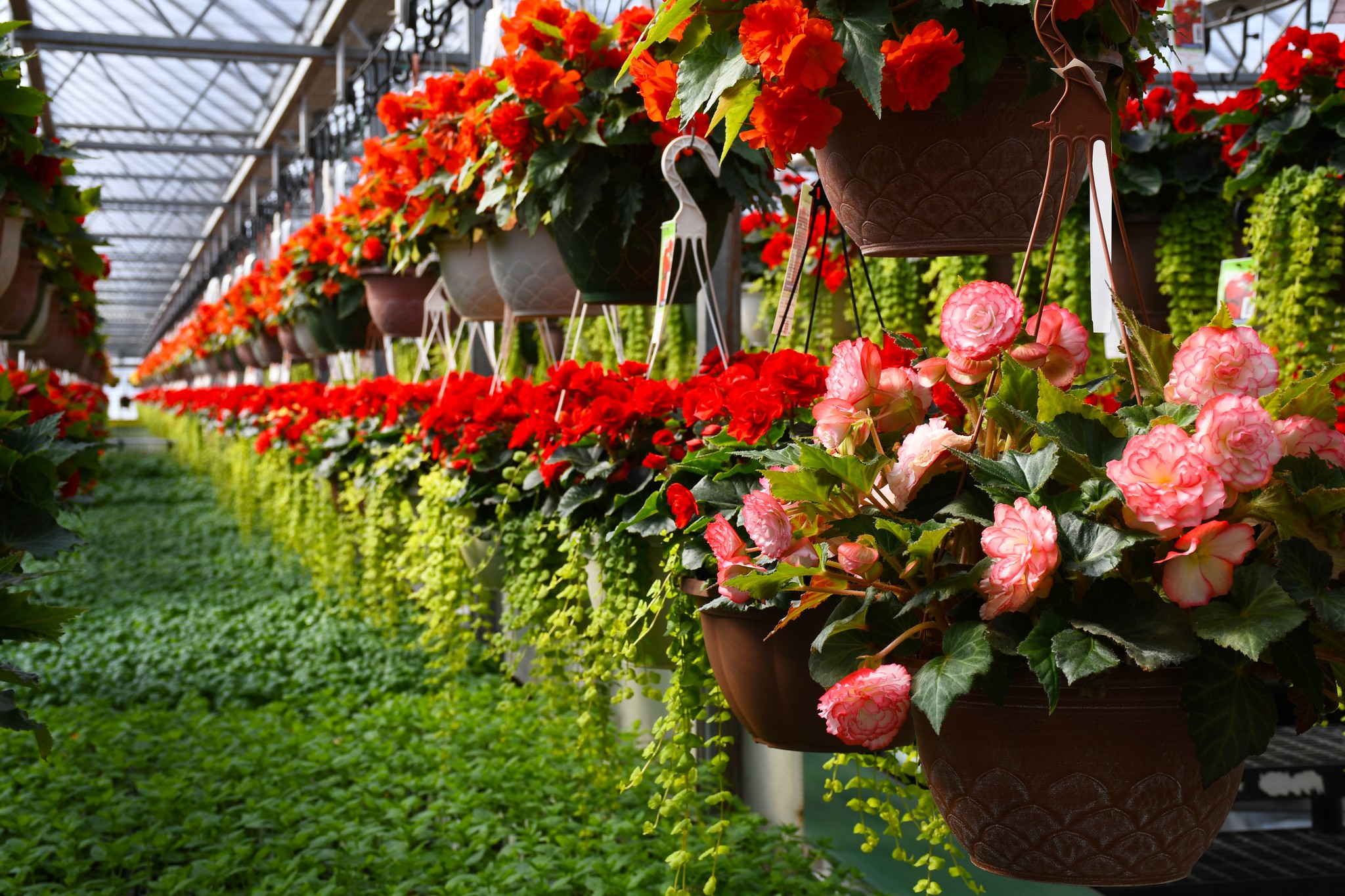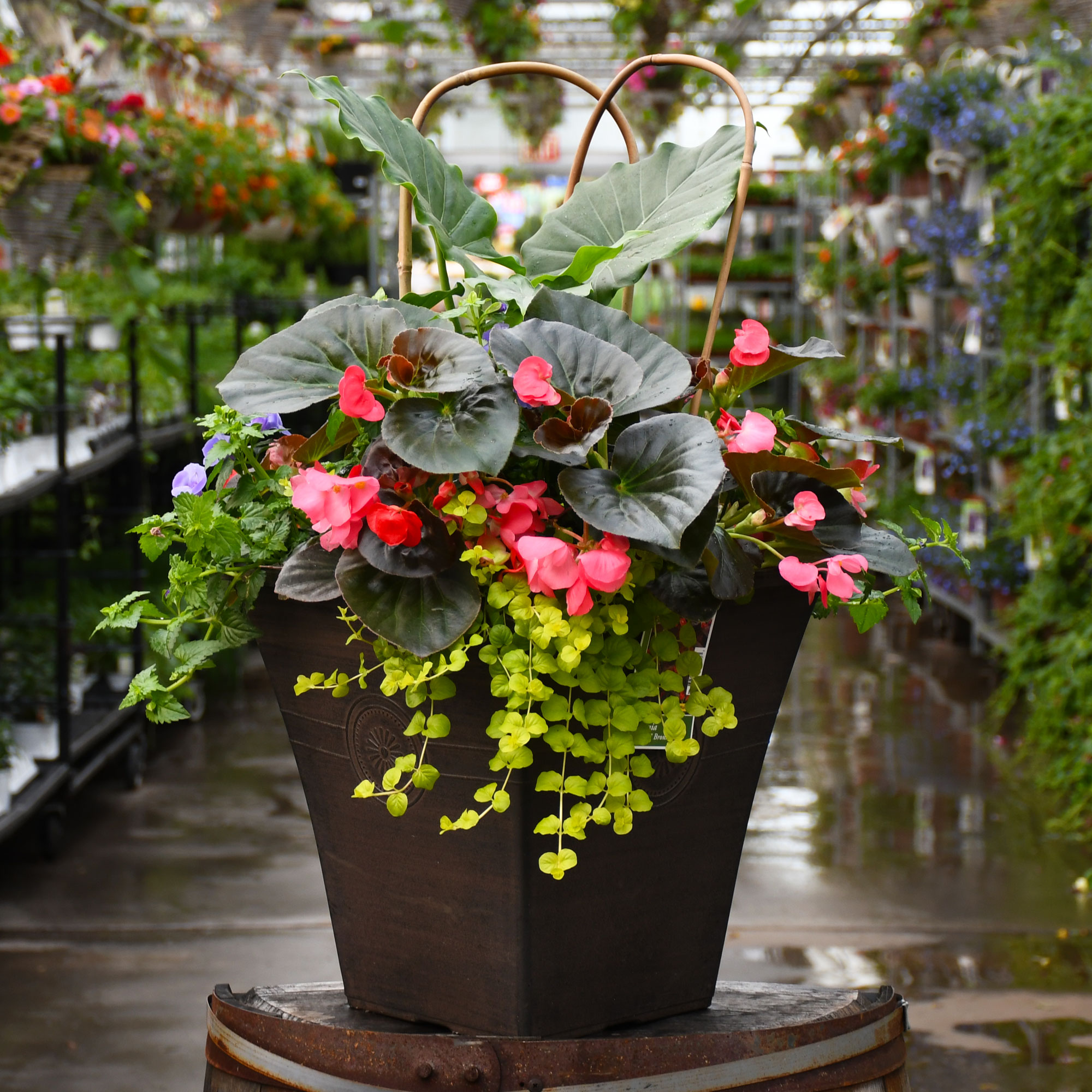Sedum Mexicanum 'Lemon Ball'

Gertens was founded over 100 years ago with a simple motto “Buy Direct from the Grower.”

Part to Full Sun or Shade

- Sun Preference
- Full-Sun, Part-Sun
As low as:
$5.99
As low as:
Description
This terrific variety has brilliant, semi-evergreen, golden yellow foliage that bronzes in the winter; one of the most colorful of the sedums; its mounded habit is tidy and fast growing; excellent in rock gardens, containers, or as edging
Direct from the Grower
When you see the Gerten Grown logo on our annuals, you know you're getting a fresh plant directly from our greenhouse. We've been perfecting our growing process for over four generations and pride ourselves on providing local quality and freshness to our customers. Better pricing on better quality plant material, that's Gerten Grown.
More Information
| Gerten Grown Plants | Gerten Grown Plants |
|---|---|
| Common Family Name | Sedum |
| Sun Preference | Full-Sun, Part-Sun |
| Plant Life Cycle | Annual |
| Mature Height (Range) | 7-12" |
| Mature Spread (Range) | 12" - 24" |


